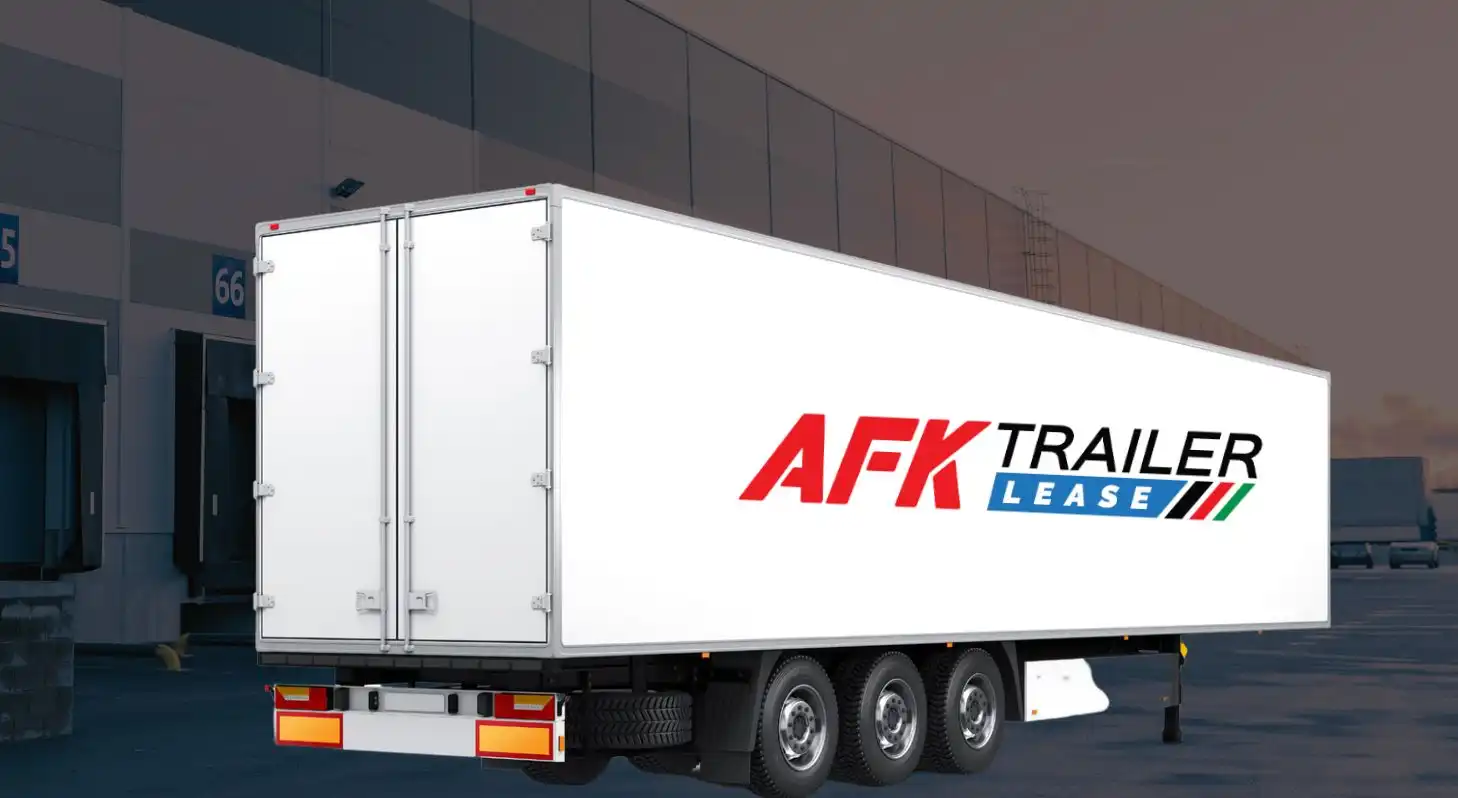Do you need help choosing between leasing and renting a trailer? Our “Rent or Lease—Trailers Made Easy” guide will help you find the best option. We will ensure you have all the information you need to make an informed decision.
Understanding the Basics: Renting vs. Leasing
Two primary options are available when securing a trailer for your transportation needs: renting and leasing a trailer.
Let’s explore the basics of each to help you make the right decision.
- Is renting or leasing a trailer worth it?
Renting a trailer offers flexibility for short-term usage, while leasing a trailer usually involves a longer, fixed-term commitment with lower monthly rates. Your individual needs will determine whether renting or leasing is the best option. Consider factors like the duration of use, your budget, and any trailer rental or leasing requirements.
- Where to rent or lease a trailer?
Finding the right company to rent or lease a trailer is essential. Look for established companies with various trailer options, competitive pricing, and excellent customer service.
Check online reviews and ask for recommendations from friends or local trucking associations.
Pros and Cons
When weighing the pros and cons of renting and leasing, the following points will help clarify which option is best for you.
Renting a trailer provides a no-commitment, short-term solution. Various trailer sizes, including large and small reefer trailers, are available, and pricing is typically based on a daily or weekly rate.
On the other hand, leasing a trailer offers lower monthly rates for longer-term usage. This option requires a commitment, usually for six months or more. Leasing may include additional benefits like maintenance plans and more comprehensive insurance coverage.
Rent or Lease: What’s the Difference?
Renting a trailer is a short-term agreement allowing you to use a trailer without acquiring ownership. Rental contracts are generally more flexible and suited for one-time or infrequent use.
It’s essential to meet all trailer rental requirements, such as valid driver’s licenses and insurance coverage.
Leasing a trailer is a long-term agreement where you pay a fixed monthly fee to use the trailer over a specified term. Leasing benefits include lower monthly rates than renting and the possibility of acquiring ownership at the end of the lease term.
Leasing a Trailer: Key Considerations
Before leasing a trailer, consider the following key points:
- Leasing term details: Ensure you understand the lease’s length and any early termination penalties.
- Maintenance and insurance: Are these costs included in the lease contract, or will you be responsible?
- Lease-to-own options: Confirm if there’s an option to purchase the trailer at the end of the lease period.
Bottom Line
Ultimately, deciding between renting and leasing a trailer depends on your needs and circumstances. Renting is likely the best solution if you require short-term or infrequent use. For long-term usage with lower monthly rates, Choose leasing an attractive alternative.
Consider this guide as you search for a refrigerated trailer rental near you or any other type.
Follow AKF Trailer Leasing and Renting on LinkedIn to stay updated on the latest advice and trends!
Written, Reviewed, and Published by AFK Trailer Lease Team!



